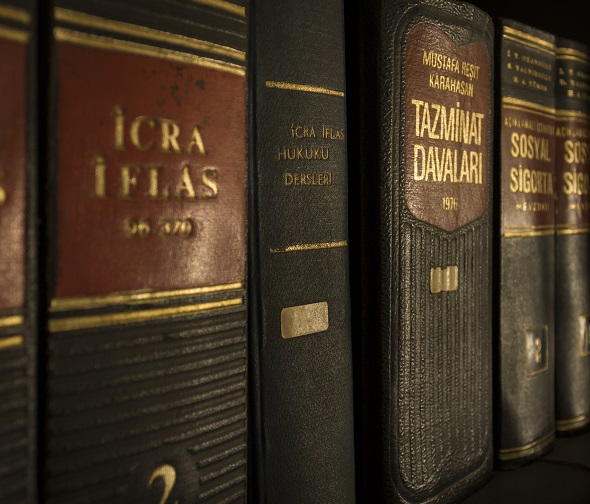On 2 December 2011, the European Union approved stevia as a sweetener in food additives, code name E960. High purity stevia extracted from stevia leaves can be used as a food additive in foods and beverages within the specifications of the regulations.

 Andreas Stasenberg of TUV SUD, an expert on European food safety regulations, explains the 10-year journey to European regulation of stevia.
Andreas Stasenberg of TUV SUD, an expert on European food safety regulations, explains the 10-year journey to European regulation of stevia.
In Europe, the approval conditions for new food additives are very strict. There are three main preconditions:
 Firstly, securityThere is sufficient scientific evidence to confirm safety within the limits and limits of use prescribed by regulations.
Firstly, securityThere is sufficient scientific evidence to confirm safety within the limits and limits of use prescribed by regulations. Secondly, necessityIn the production of food and beverage, there is indeed an irreplaceable technological necessity;
 Thirdly, beneficialApproval of a new food additive must be of benefit to consumers.
Thirdly, beneficialApproval of a new food additive must be of benefit to consumers.
In addition, Tasenberg added that other considerations in the practice of the new food additives regulation by the European Union's Food Safety Commission, EFSA, include ease of use and not being easily misused; There are also ethical, customs and environmental concerns.
As a natural sugar source, stevia has the advantages of low calories, high sweetness ratio and all nature. Even considering that stevia has been consumed by humans for hundreds of years in the native countries of South America, such as Uruguay, EFSA is still very strict and conservative in its determination of 4mg/kg ADI to ensure absolute safety. What is the concept? The maximum amount of stevia an adult can consume per day is about 300 milligrams. It's about the size of a soybean.
Another feature of the stevia European regulation is its comprehensivity. In this first edition, 31 application areas are opened, covering all kinds of beverages, biscuits, pickling, preserved fruit, seasoning, brewing and so on. By contrast, 10 years ago, the scope of the national standard was still limited to eight application fields. These comparisons show the gap of ideas in the field of food supervision.